The Thomas Fisher Rare Book Library feels like a shrine for the written word.

But John Shoesmith dismisses the idea.
“It’s not just here as a shrine. [The books] don’t come here to die,” said the outreach librarian. “It’s a working library.”
The Fisher, as it’s commonly called, is the largest rare book library in Canada and it’s open to the public. Situated within Robarts Library at the University of Toronto, over 700,000 volumes are available to anyone with a library card (which you can get with one piece of valid identification).
READ MORE: Rare Spider-Man comic sells at auction for $628,245 CAD
But what makes a particular book rare?
According to Shoesmith, there are a few criteria: scarcity, the book’s association with a well-known person, its place within a larger collection and whether it’s a first edition.
Heavily annotated books belonging to famous Canadian communication theorist Marshall McLuhan and musician Leonard Cohen’s personal notebooks are just some of the books that are made rare by their association.
A common misconception is that an old book makes a book rare. And while the Fisher does have material even from before the time of Christ, he says modern books aren’t out of the norm.
“We would have books that would’ve been published last week, because we do collect modern Canadian fiction,” said Shoesmith. “We collect as many modern Canadian imprints as we can.”
Some modern Canadian manuscripts exclusive to the Fisher are the handwritten first drafts of Margaret Atwood’s novels The Handmaid’s Tale and Cat’s Eye.

Get breaking National news
READ MORE: Ancient Egyptian papyri rediscovered in UBC library
But even with the rarity of their materials, the library’s rules do not enforce the glove-wearing stereotype. They just ask that you have clean hands before touching the books.
Shoesmith explained that they discovered when patrons wore gloves, they were less careful, putting the materials at greater risk of damage. Second, the library strongly believes the materiality and the tactility of the books is what adds to their value to the researcher.
“Having a book on a shelf looks nice and looks great in the stacks but if you can’t take the book off the shelf and look at it yourself then it has no value,” he said.
For the librarian, the collection is priceless.
“There are some things that could never be replaced,” he said.
Placing a price on their collection is something the library shies away from, opting to focus on the research value of the materials. But one of their most important books can be pegged at somewhere around the $5 million mark.
The only copy of William Shakespeare’s first folio in Canada is currently on display at the Fisher and is one of only 230 copies in the world. One “near-perfect” copy in the U.K. sold in 2006 for £2.8 million.
“We could easily argue if it wasn’t for publication of the 1623 first folio we would not have had MacBeth, As You Like It — all of these great plays would have been probably lost to history,” said Shoesmith.
“I always argue that that book is the foundation of English literature and along with the King James Bible is probably the most important book ever published in the English language.”
From Shoesmith’s perspective, the Fisher is an argument for the enduring importance of books.
“People always talk about, ‘Let’s digitize everything and get rid of books,’” he said. “It’s never going to happen simply because each book is going to tell a story and having a digital copy of the book is not going to tell the same story in terms of what it is from a material point of view, from what the pages might hold. That’s the real value of having a library like this.”







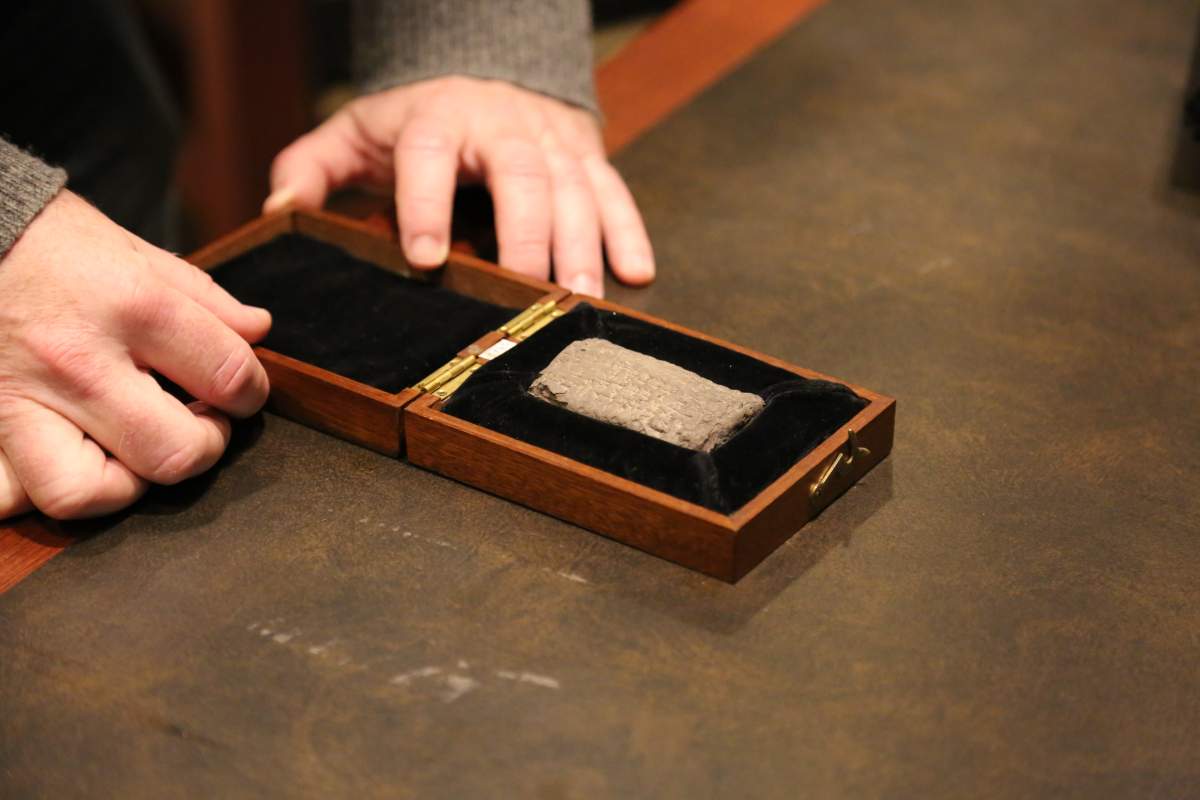

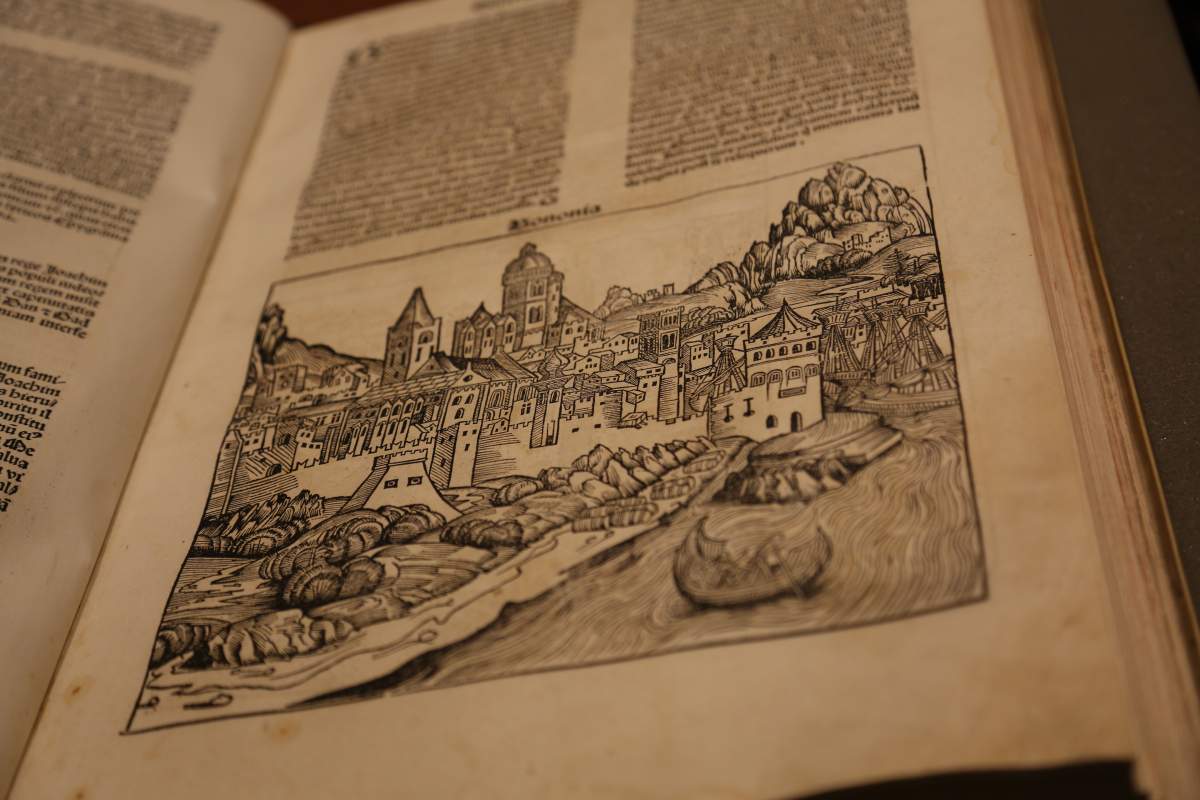

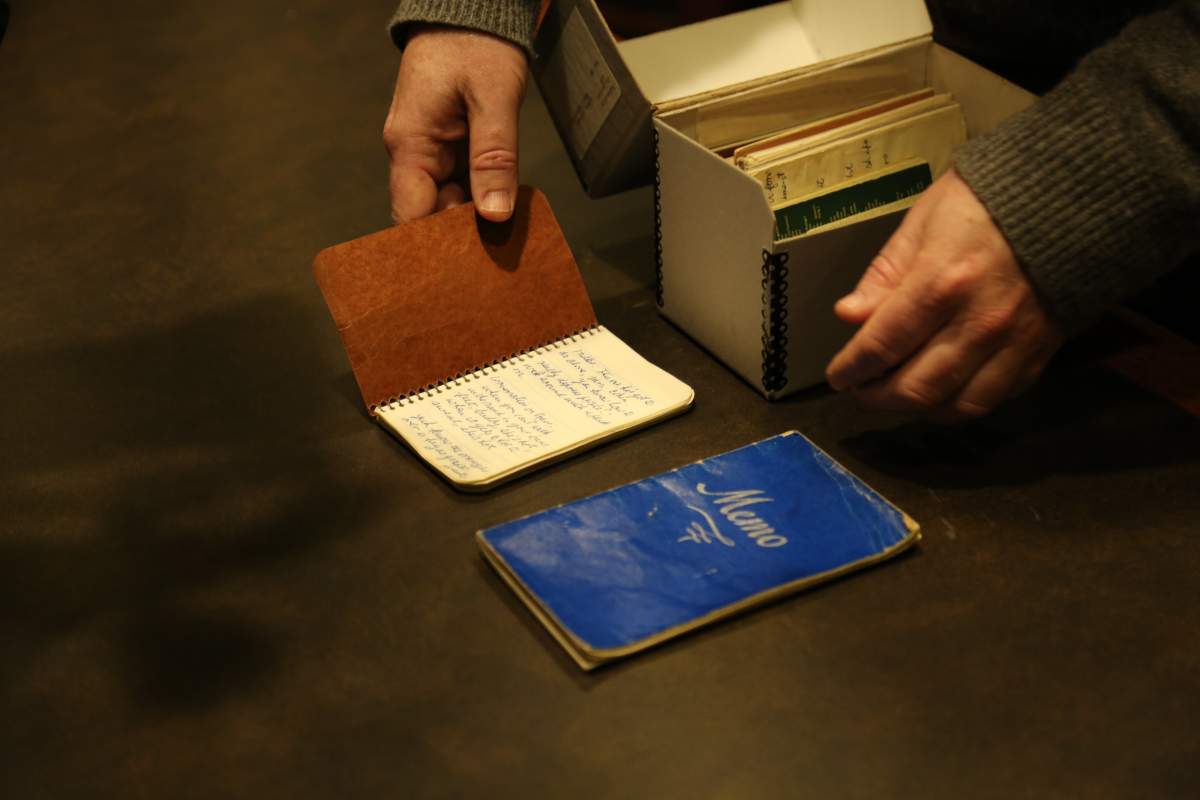

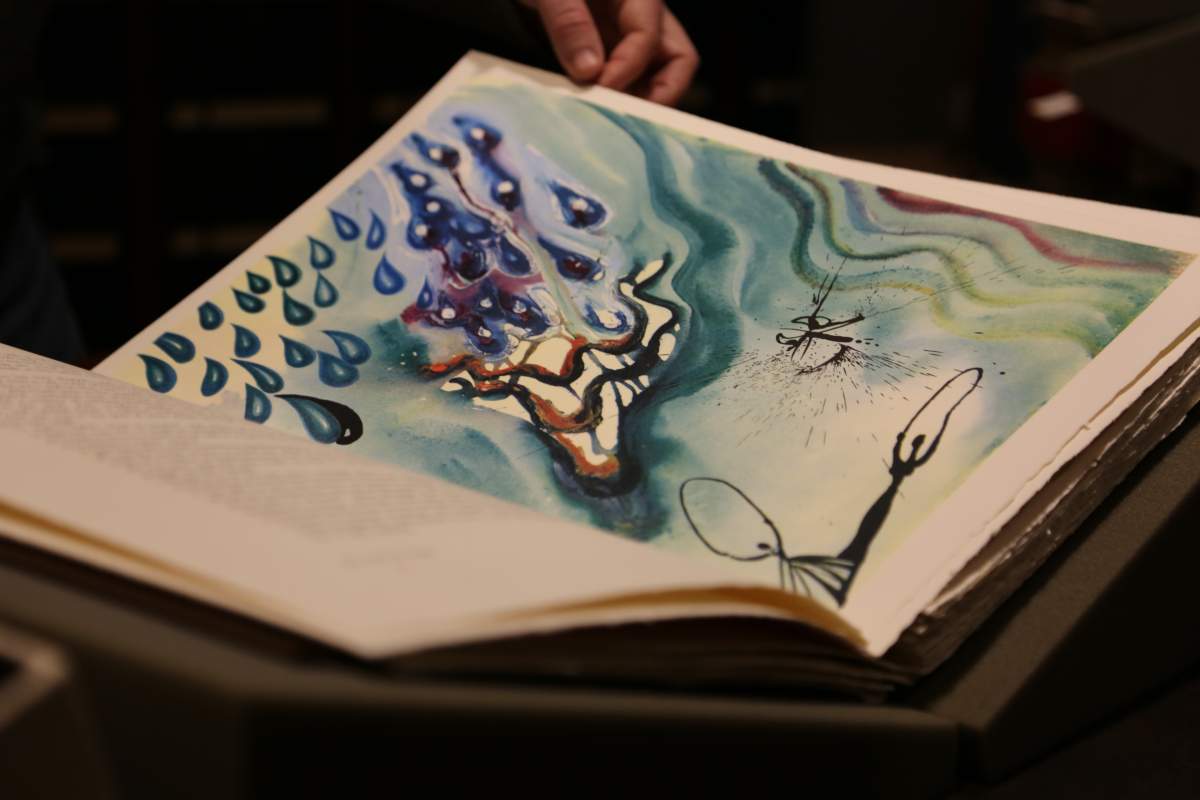

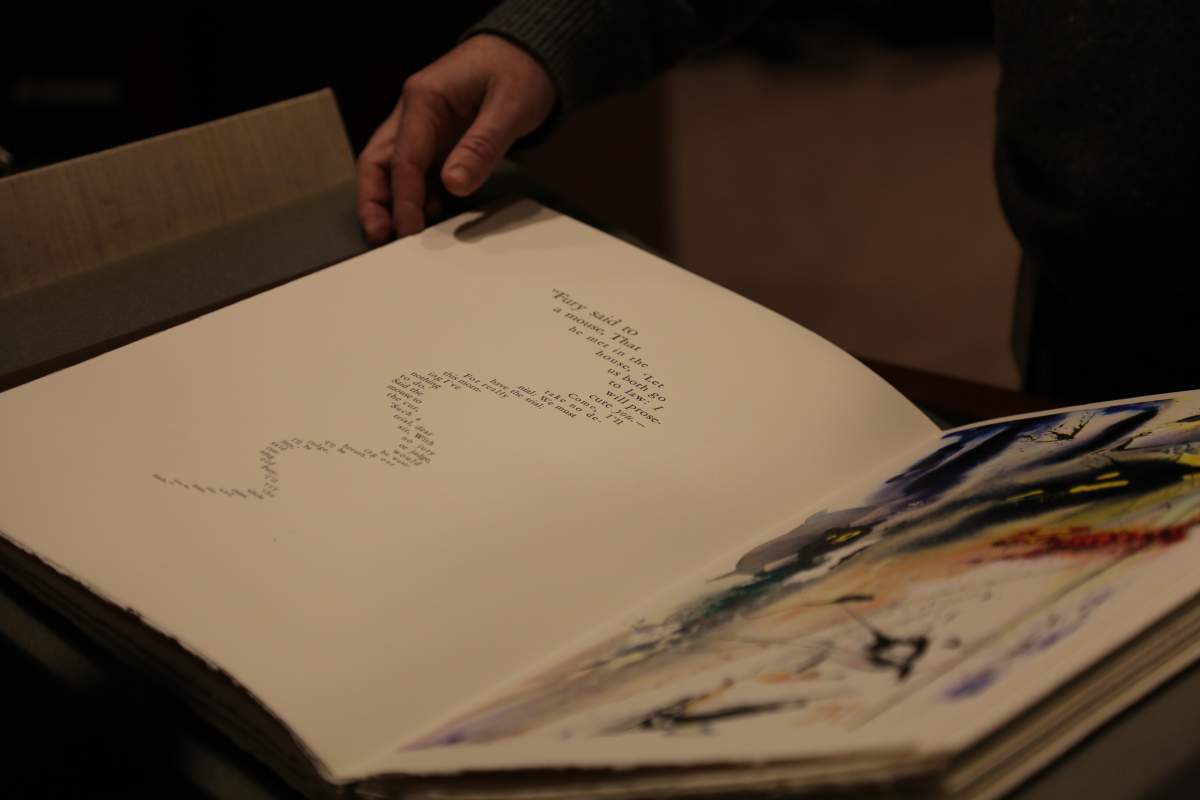

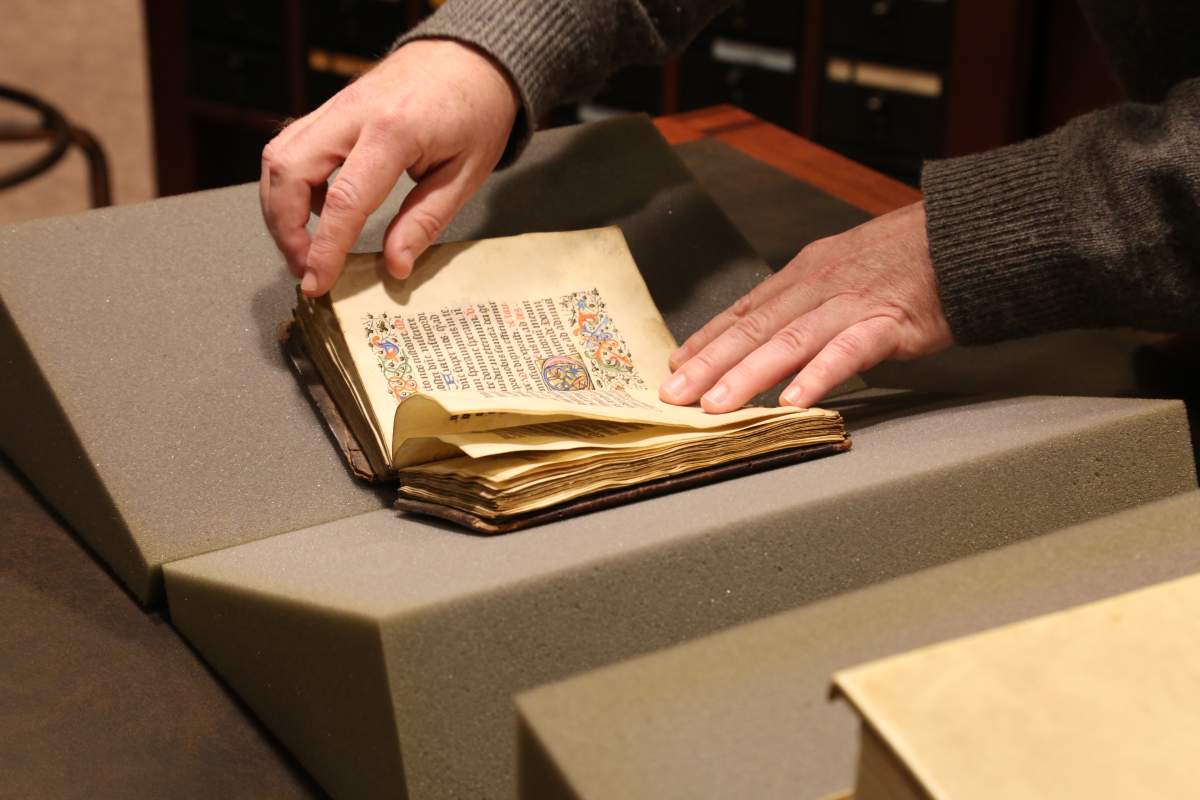


Comments
Want to discuss? Please read our Commenting Policy first.